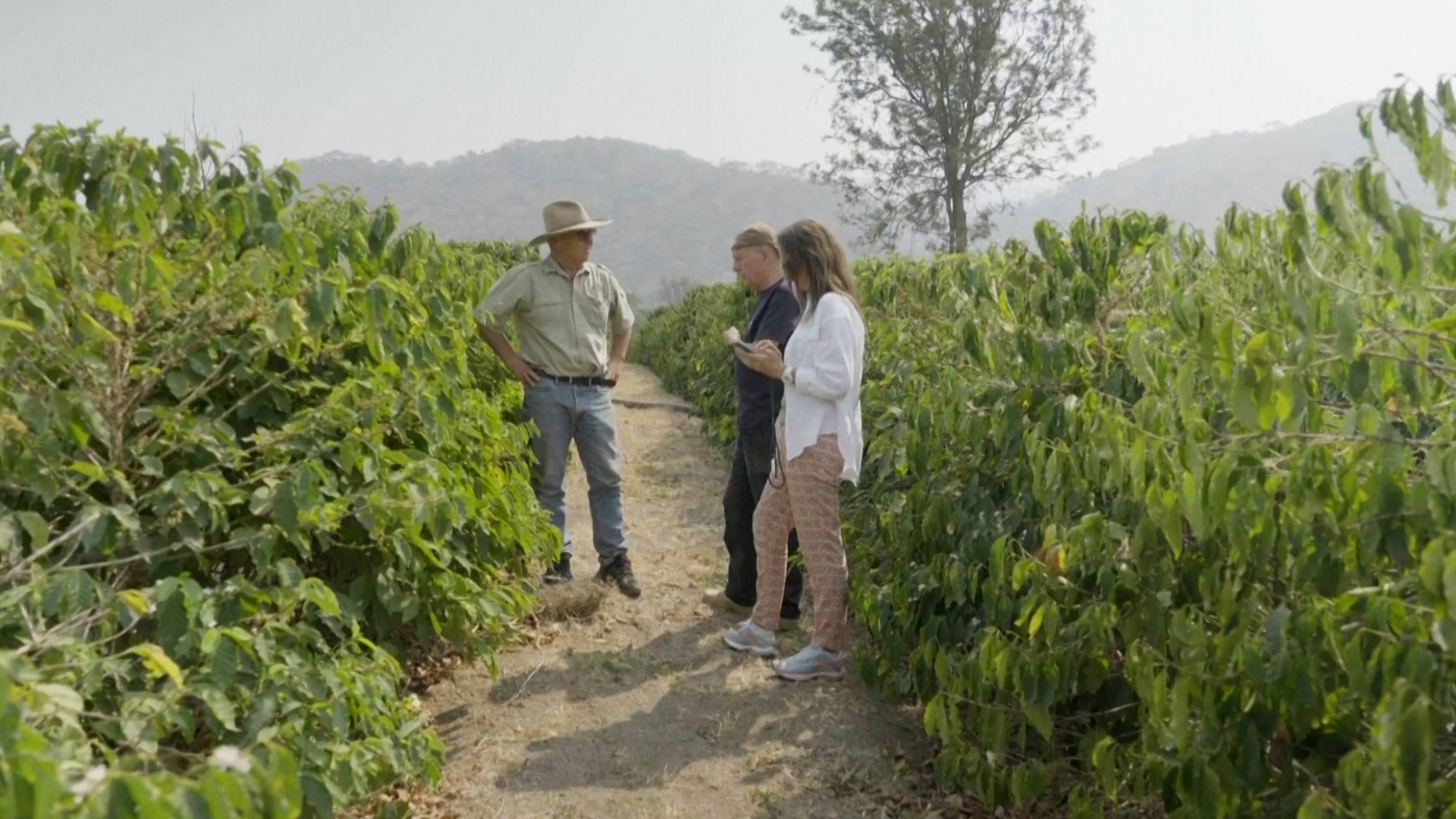Latin America and the paradox of disasters


Get involved with our crowdsourced digital platform to deliver impact at scale
Stay up to date:
Latin America
From earthquakes and hurricanes to floods and mudslides, Latin America is a region prone to natural disasters. Typically, when a disaster occurs, the media covers the most tragic stories, politicians become highly concerned, aid is mobilized and calls for disaster reduction measures are made; new disaster reduction measures are introduced and budget is allocated.
But how long does this sense of urgency last? In a short time, the story of the affected gets lost behind other hot topics. Within a few months, politicians have other priorities. One year after the disaster, a handful of media outlets might follow up with “what happened after” documentaries. And, a few years on, the disaster is buried in local history. Then what happens to the budget for disaster reduction?
If the measures are good and if they are successful in reducing risk, we may enjoy “peaceful years” when, even if disasters strike, the consequences are minimal. Politicians become less concerned, and chances are that the budget for disaster reduction measures is cut because it is not “urgent” anymore.
This is the paradox of disaster risk reduction – the more that disaster risk reduction measures are successful, the greater the chances that the budget and funding for them will decrease. As a result, important and necessary measures for disaster reduction are not sustained, making us ever more vulnerable to Mother Nature.
I have been involved in disaster reduction policies in Japan where I have struggled to secure a suitable budget for disaster reduction. I have faced a lot of criticism that it is a waste of money to prepare for disasters when we cannot be 100% certain that they will strike. To respond to such criticism and avoid losing policy-makers’ commitment, the solution is to raise the public awareness of disasters. This is not an easy task since there are so many other public campaigns competing to attract support.
Numerous educational materials have been developed to raise public awareness on disasters. However, it is often the case that these materials are not seriously accepted by the public and have not led to preventive action. To address this issue, a new programme in Japan called the Ichi-Nichi-Mae (“the day before the disaster hit”) project for disaster awareness takes a different approach. This programme showcases interviews with people who have been seriously affected by a major disaster. They are asked the following question: What would you do if you were back the day before the disaster?
As part of the project, the most impressive personal short stories are collected, which give clues for future preventive action. This has been used in Japan for disaster awareness seminars and could prove useful in Latin America. I believe that the World Economic Forum on Latin America in Peru will provide an opportunity to discuss measures among different countries to improve the region’s ability to withstand the next disaster.
Author: Satoru Nishikawa, Director-General, Audit, Japan Water Agency (JWA), he is a member of the Global Agenda Council on Catastrophic Risks and will be participating in the World Economic Forum on Latin America 2013
Image: Fishing boats on dry land left by waves after an earthquake in Talcahuan REUTERS/Victor Ruiz Caballero
Don't miss any update on this topic
Create a free account and access your personalized content collection with our latest publications and analyses.
License and Republishing
World Economic Forum articles may be republished in accordance with the Creative Commons Attribution-NonCommercial-NoDerivatives 4.0 International Public License, and in accordance with our Terms of Use.
The views expressed in this article are those of the author alone and not the World Economic Forum.
The Agenda Weekly
A weekly update of the most important issues driving the global agenda
You can unsubscribe at any time using the link in our emails. For more details, review our privacy policy.
More on Nature and BiodiversitySee all
Cristen Hemingway Jaynes
April 30, 2024
Robin Pomeroy and Linda Lacina
April 29, 2024
Greg Goodwin and John Stackhouse
April 29, 2024
Diego Vincenzi
April 29, 2024
Jan Rosenow, Cristina Oyón, Natalia Zabolotnikova and Xabier Mugarza Zorriqueta
April 29, 2024






